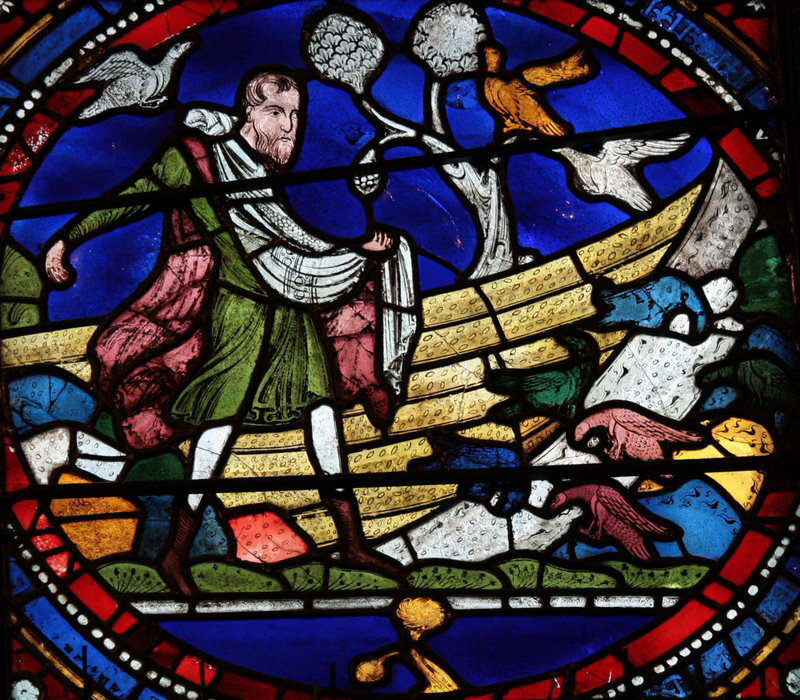Synopsis: Jesus says, “Where your treasure is, there your heart will be also,” and then tells a parable of servants waiting for the master to return from a wedding feast. Weddings were sometimes multiple days and in an era before cellphones, a watchman had to keep the fires burning to welcome the master home at any time day or night. This watchfulness is like a fire burning inside, too, where we keep focused on our heart’s deepest desire and duty. According to Jürgen Moltmann, at the core Christianity is a religion on promise. There is a hopefulness to our faith which challenges the despair or numbness of our culture. We are called to keep the fire of hope and love burning through the night time of our fears.
Watch Christian Picciolini’s story on TED.com
(The sermon title comes from the song, “Fight to Keep,” by the band Korean-American Indie Rock band Run River North)
Keywords: Parables, Jesus, Kingdom of God, hope, promise, despair, violence, evil, white supremacy, racism, justice, peace, peacemaking, relationship, transformation, salvation, longing, belonging










